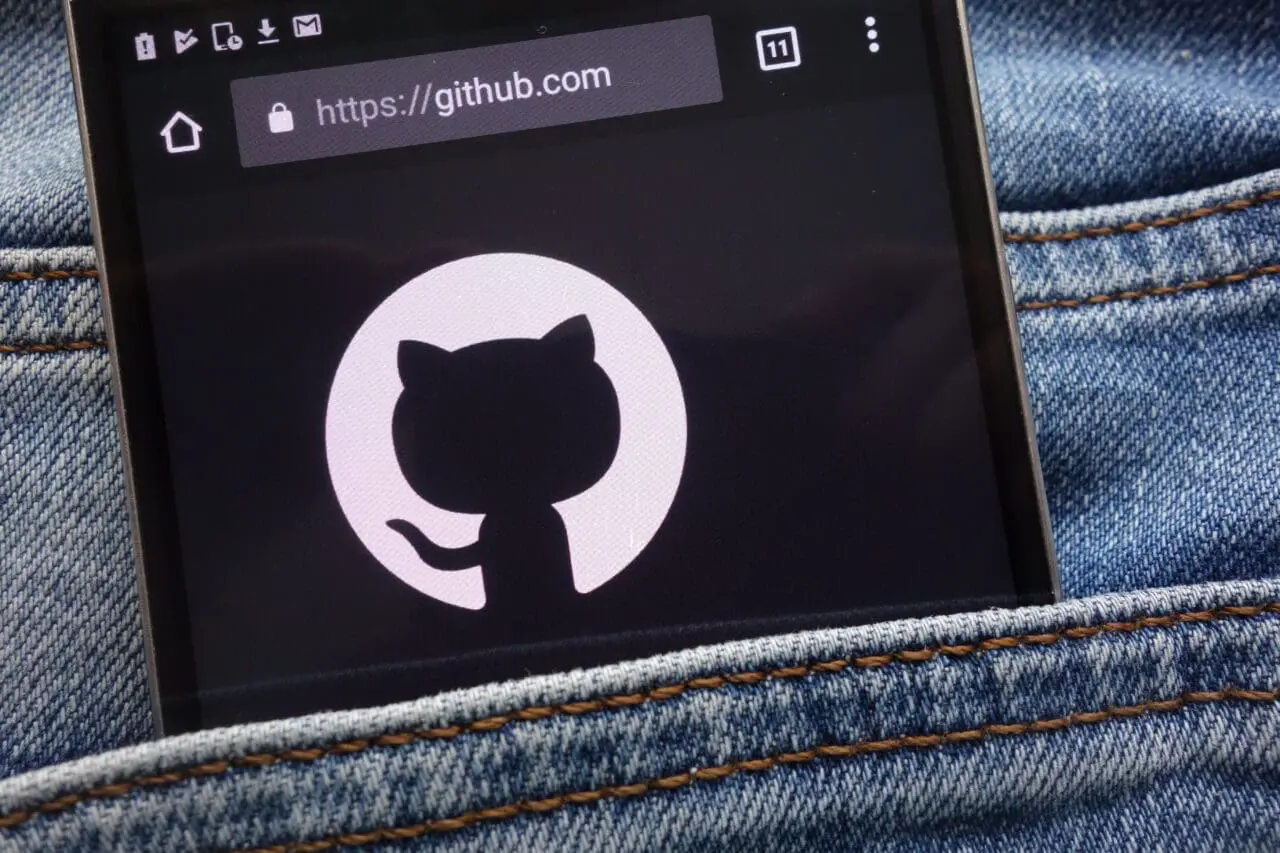

In this insight, we look at what GitHub and GitLab are and why they are essential in software development.
GitHub, from GitHub Inc., is a not-for-profit website and cloud-based hosting service for open-source development projects – it is the most prominent open-source host. It helps developers working on software projects to store and manage their code, track and control changes to their code (using Version control), and collaborate on projects.
It has been reported that in June this year, GitHub had over 83 million developers using its service and more than 200 million repositories. These included 28 million public repositories. A repository contains all of a user’s project files and each file’s revision history.
There are two-connected elements to GitHub – Git and Version Control:
The name ‘Git’ refers to an open-source distributed version control system (VCS) created by Linus Torvalds in 2005, the entire codebase and history available on every developer’s computer. Over 80 per cent of developers use Git, which can be used to work on software projects of any size. This is why it is the most popular version control software and is often used across the scale of start-ups, enterprises, and others.
Version control/source control refers to software tools that allow developers to track and manage changes to a software project’s code over time. Version control also enhances communication and collaboration between team members and facilitates a continuous, simple way to develop software. It also acts as a safety net to protect source code from irreparable harm, thereby giving the development team the freedom to experiment without fear of causing damage or creating code conflicts.
Users can access projects on GitHub.com using the standard Git command-line interface, where all standard Git commands work. GitHub.com also allows users to browse public repositories on the site. The site has social networking-like functions, including feeds, followers, wikis (using wiki software called Gollum) and a social network graph showing how developers work on their versions (“forks”) of a repository. What fork (and branch within that fork) is the newest?
GitLab is a third-party tool that is the officially supported tool of GitHub. It automates a developer’s code’s build, integration, and verification. In addition, it provides SAST, DAST, code quality analysis, and pipelines that enable concurrent testing and parallel code execution. This means that development teams can get fast insights into their code, thereby saving time.
For developers and teams working on software development, GitHub and tools like GitLab provide a robust platform for managing and storing code and collaborative working. For developers, other significant advantages of GitHub are its easy-to-find guides/documentation, plus developers can showcase their work to companies and the public. It also integrates with common platforms like Amazon and Google Cloud. For software developers and those looking for good developers, GitHub is an extremely important platform that has provided the tools that have enabled the development of all kinds of software in a joined-up way.
This website uses cookies to improve your experience. Choose what you're happy with.
Required for the site to function and can't be switched off.
Help us improve the website. Turn on if you agree.
Used for ads and personalisation. Turn on if you agree.
This website uses cookies to improve your experience. Choose what you're happy with.
Required for the site to function and can't be switched off.
Help us improve the website. Turn on if you agree.
Used for ads and personalisation. Turn on if you agree.